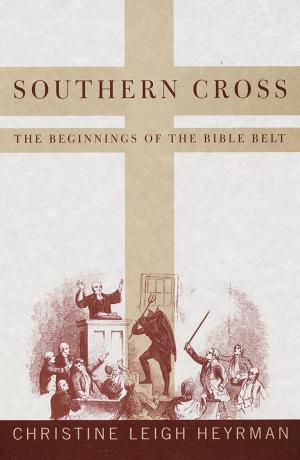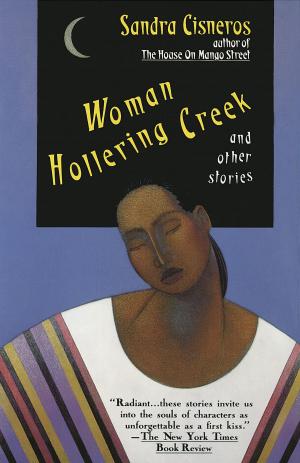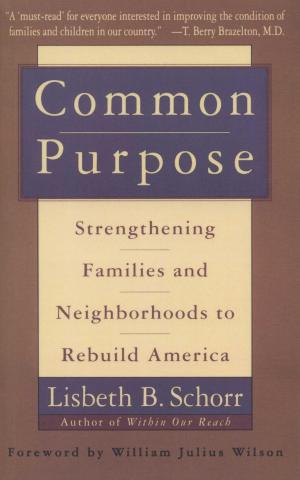The California Gold Rush and the Coming of the Civil War
Nonfiction, Social & Cultural Studies, Social Science, Discrimination & Race Relations, History, Americas, United States, Civil War Period (1850-1877)| Author: | Leonard L. Richards | ISBN: | 9780307267375 |
| Publisher: | Knopf Doubleday Publishing Group | Publication: | February 13, 2007 |
| Imprint: | Vintage | Language: | English |
| Author: | Leonard L. Richards |
| ISBN: | 9780307267375 |
| Publisher: | Knopf Doubleday Publishing Group |
| Publication: | February 13, 2007 |
| Imprint: | Vintage |
| Language: | English |
Award-winning historian Leonard L. Richards gives us an authoritative and revealing portrait of an overlooked harbinger of the terrible battle that was to come.
When gold was discovered at Sutter's Mill in 1848, Americans of all stripes saw the potential for both wealth and power. Among the more calculating were Southern slave owners. By making California a slave state, they could increase the value of their slaves—by 50 percent at least, and maybe much more. They could also gain additional influence in Congress and expand Southern economic clout, abetted by a new transcontinental railroad that would run through the South. Yet, despite their machinations, California entered the union as a free state. Disillusioned Southerners would agitate for even more slave territory, leading to the Kansas-Nebraska Act and, ultimately, to the Civil War itself.
Award-winning historian Leonard L. Richards gives us an authoritative and revealing portrait of an overlooked harbinger of the terrible battle that was to come.
When gold was discovered at Sutter's Mill in 1848, Americans of all stripes saw the potential for both wealth and power. Among the more calculating were Southern slave owners. By making California a slave state, they could increase the value of their slaves—by 50 percent at least, and maybe much more. They could also gain additional influence in Congress and expand Southern economic clout, abetted by a new transcontinental railroad that would run through the South. Yet, despite their machinations, California entered the union as a free state. Disillusioned Southerners would agitate for even more slave territory, leading to the Kansas-Nebraska Act and, ultimately, to the Civil War itself.















